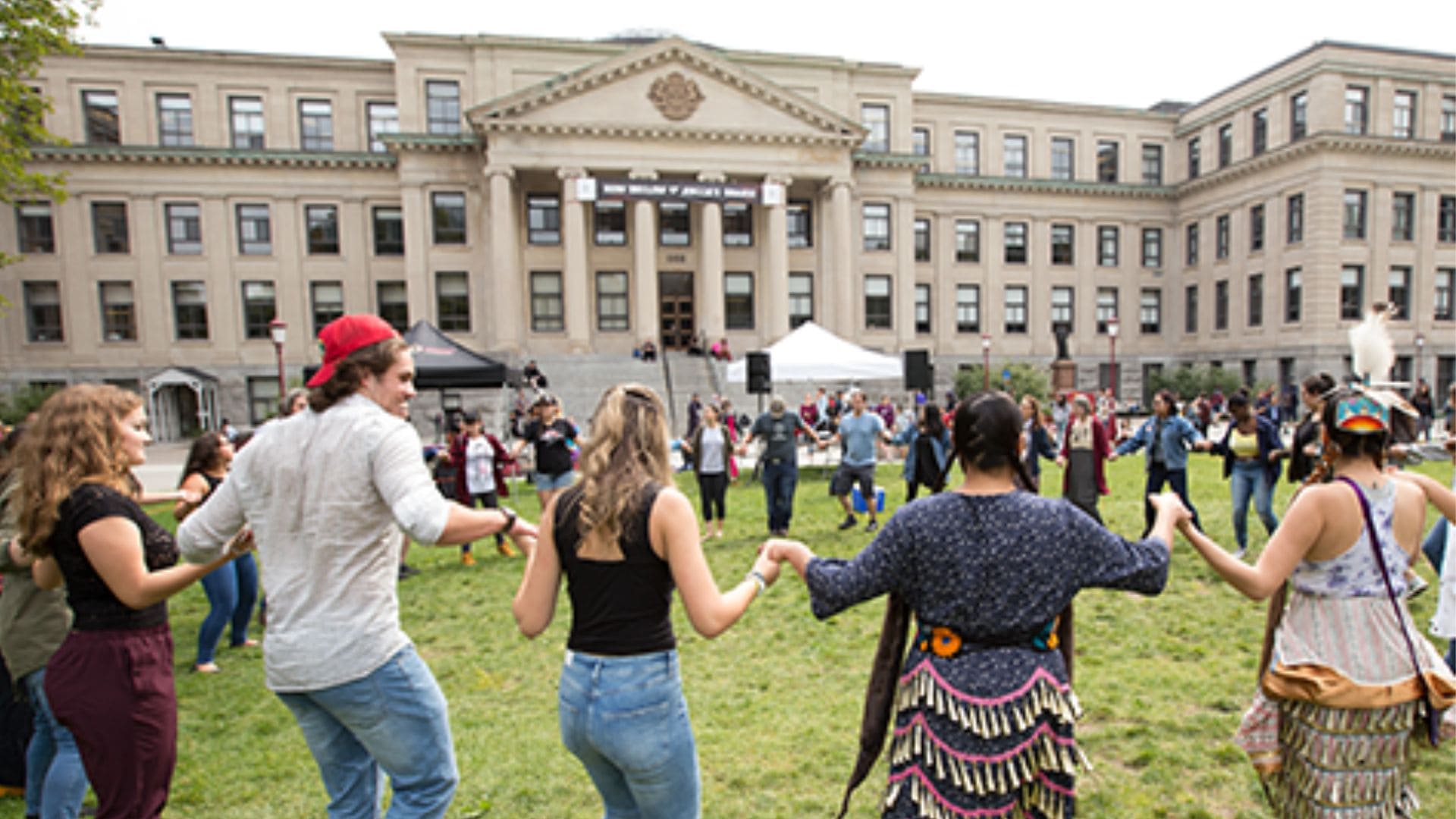Nurturing Cultural Roots: Indigenous Education Programs in Canada
- Canada | 10 April 2022

Canada, often celebrated for its diverse and inclusive society, has embarked on a journey of reconciliation with its Indigenous peoples. Central to this endeavor is the revitalization and empowerment of Indigenous education. In recent years, Canada has made significant strides in acknowledging the importance of Indigenous knowledge and culture within its education system. This article delves into the world of Indigenous education programs in Canada, exploring their challenges, successes, and the profound impact they have on Indigenous communities and the nation as a whole.
To understand the significance of Indigenous education programs in Canada, one must first acknowledge the dark history of residential schools. This chapter provides a historical context, shedding light on the traumatic legacy of these institutions and their lasting effects on Indigenous communities.
The Truth and Reconciliation Commission of Canada, established in 2008, played a pivotal role in addressing the historical injustices inflicted upon Indigenous peoples. This chapter discusses the TRC’s findings and its call to action, which includes a focus on Indigenous education as a means of healing and reconciliation.
Indigenous communities across Canada are taking the lead in shaping their own educational destinies. This chapter highlights various Indigenous-led initiatives that prioritize cultural revitalization, language preservation, and community engagement.
Indigenous languages are integral to preserving cultural identities. This chapter explores language revitalization programs, their challenges, and their role in preserving Indigenous knowledge.
Many Indigenous education programs emphasize land-based learning, connecting students with their traditional territories. This chapter discusses the importance of these experiences and their impact on Indigenous learners.
Access to post-secondary education is vital for Indigenous youth. This chapter explores the challenges and successes of Indigenous students in pursuing higher education, including the role of Indigenous-focused institutions.
Despite progress, Indigenous education programs face significant challenges, including funding disparities and resource allocation. This chapter delves into the ongoing struggles and calls for equitable support.
Amid the challenges, there are inspiring success stories within Indigenous education. This chapter highlights individuals and communities that have overcome obstacles and achieved educational milestones.
Reconciliation is a collective effort, and non-Indigenous Canadians have a role to play. This chapter explores how allies can support Indigenous education and contribute to a more inclusive society.
The future of Indigenous education in Canada is bright, with growing recognition of its importance. This chapter discusses the potential for further growth, collaboration, and the impact on Indigenous communities’ well-being.
Indigenous education programs in Canada represent a path toward healing, empowerment, and reconciliation. As the nation continues to grapple with its colonial past, these programs provide a beacon of hope, highlighting the resilience and strength of Indigenous communities. Through education, Indigenous peoples are not only preserving their rich cultural heritage but also shaping a more inclusive and equitable future for all Canadians.








